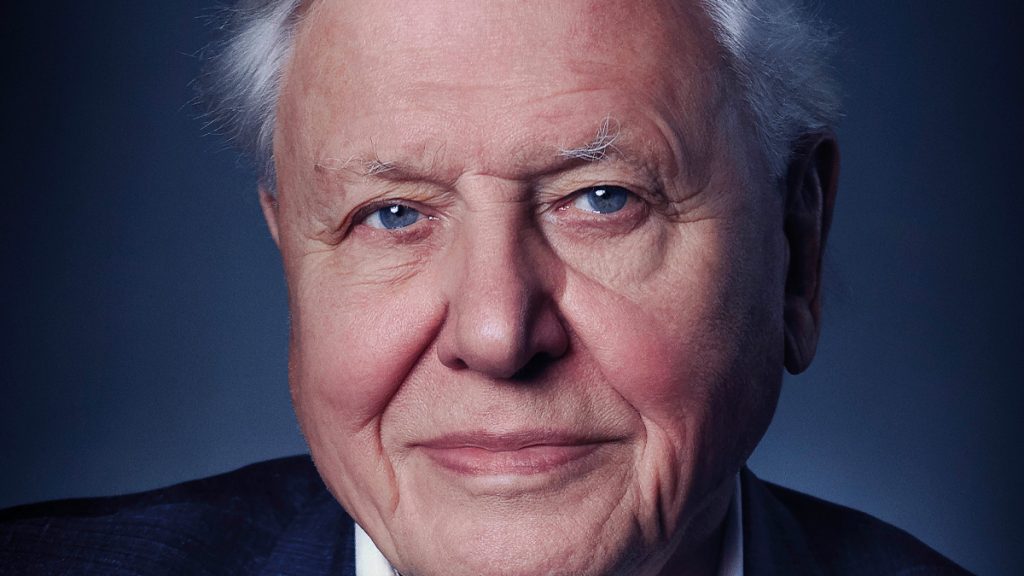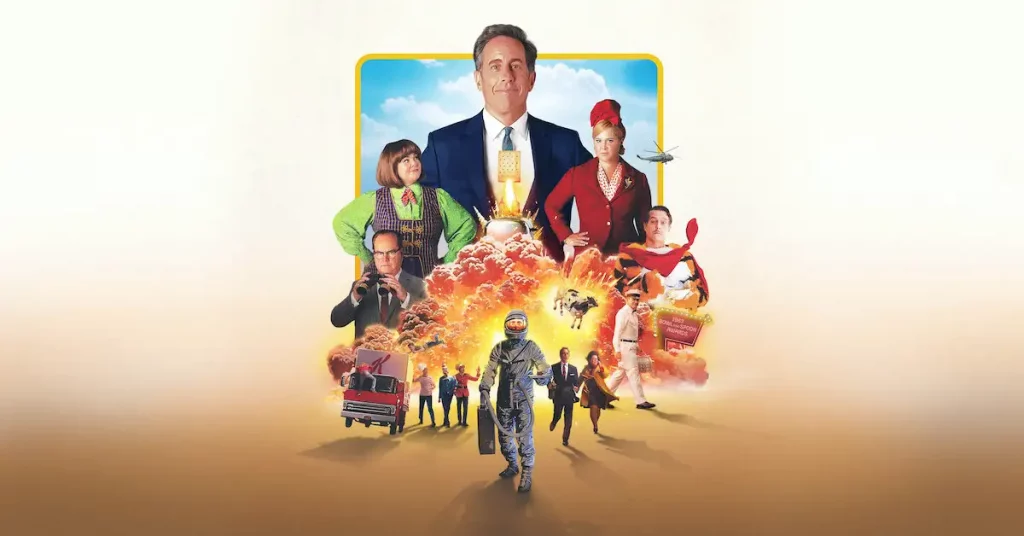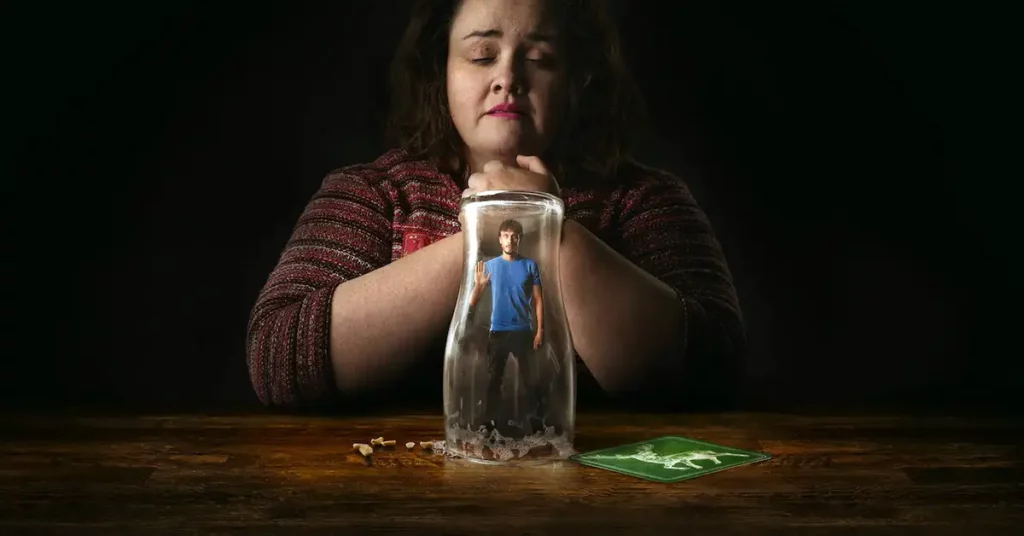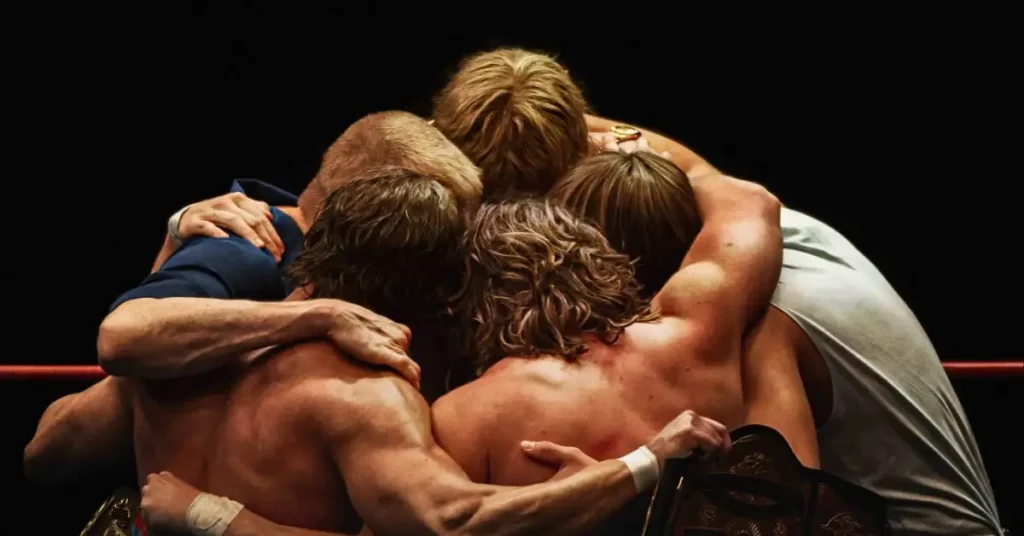David Attenborough is possibly the most recognised face (and voice) when it comes to nature and our planet, and it’d be safe to say he’s also one of the most respected advisors on the environment. Now 94 years old, A Life on Our Planet is his “witness statement” for the environment and details his 60+ year career and how steeply the planet has declined during this time.
In the opening scene of this documentary, Attenborough is in Chernobyl, the site of one of the worst man-made disasters in history. His comparison of the impact of the Chernobyl disaster to the impact humanity is having gradually on the environment is not one that many would have even considered, but it provides a stark warning. And continues in this same vein throughout.
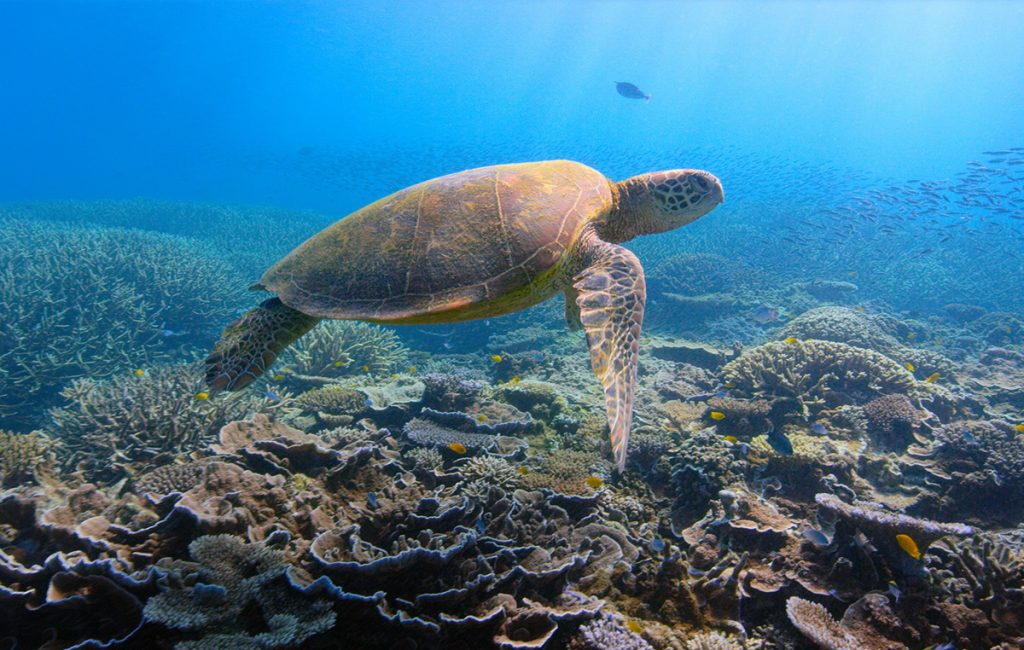
Whilst this still features beautifully captured videos of nature and historical footage of Attenborough throughout his career, this documentary has very dark and bleak overtones. Even the statistics on world population, carbon content and decrease in the wilderness provided for certain years in Attenborough’s career prove to be crystal clear and unmistakably illustrating just how badly we’ve treated our planet in the space of a mere 90 years. For reference, wilderness in the 1930s was at 66% – in 2020 it has nearly halved to 35%. When you see it there in black and white, it’s terrifying.
Even more terrifying is Attenborough’s glimpse into the future. Showing what will happen to us and our planet in the 2030s to 2100s and beyond, it’s scarier than any horror film you will ever see. And what’s worrying is that the chances of this happening are a lot more likely than anything you see in a scary movie.
Fortunately, this does move away from the rather effective warnings and dark tones and goes on to discuss how we can change to prevent this bleak future from coming true. These resolutions – stopping deforestation and overfishing, stabilising the population, more plant-based diets – are nothing that we haven’t heard of before. However, Attenborough does at least go on to suggest how we as a planet can move towards achieving the above and promote some rather positive success stories where this has already been achieved in a number of places across the globe.
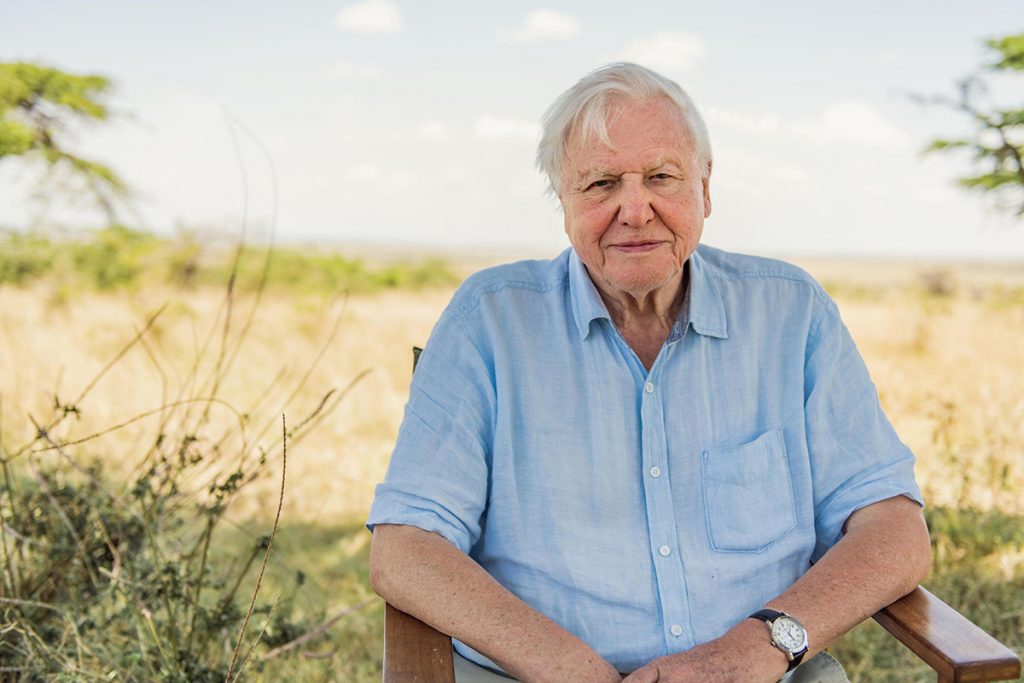
My problem with this documentary is two-fold. For one, Attenborough steers clear of the politics and blame game and doesn’t point the finger at any areas of society that may be more at fault than others (i.e. the super-wealthy and their excesses). He just seems like he’s being too nice when really he needs to call out the people and areas that hold more responsibility.
My other issue is that he doesn’t relate the solutions to how we can help as individuals. Other than moving to a more plant-based diet, the solutions proposed are not things that Joe public can help with and for me personally, I found this very frustrating. I want to know what I personally can do to help and sadly I have no control over poaching, deforestation or over-fishing. I barely have any input into my local council’s initiative to build thousands of houses on the greenbelt behind my house, so the issues and solutions discussed here seem rather overwhelming and feel almost impossible to achieve.
However, despite this, Attenborough has created a rather bleak and stark documentary that proves to be both depressing and incredibly moving and informative to watch. It will undoubtedly spur many into action and prove to be the warning we as a people need, especially with the final scenes showing how the wilderness has returned to Chernobyl and Attenborough’s reminder that we’re not saving the planet, we’re saving ourselves. I just hope those higher up that have the true power to put the solutions in place have watched this and taken note.


A contract manager moonlighting as a rather discerning film and book critic, with an almost fangirl appreciation for anything made by Christopher Nolan. When I’m not catching up on my latest read or watch, you can usually find me trying out my amateur baking skills – Bake Off here I come!




